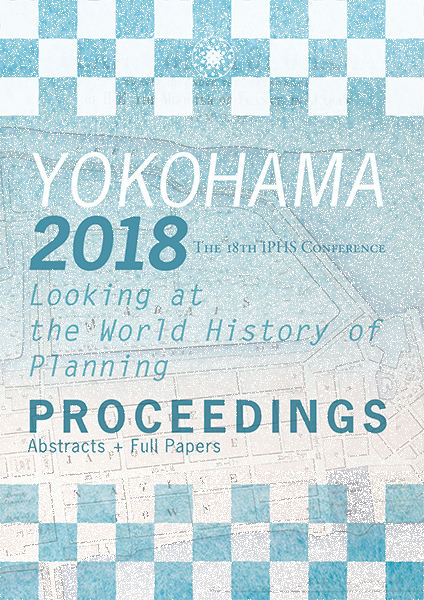The four"I"s as key concepts in a re-examination of "Machizukuri" as an intrinsically vital element in urban planning for the post-urbanization period
A methodological consideration of the concept "Machizukuri"
DOI:
https://doi.org/10.7480/iphs.2018.1.2671Abstract
This paper discusses the word “machizukuri” and the versatility of its meaning through examining the interplay between “machizukuri” and statutory urban planning over the past sixty years. By tracing the history of the Japanese urban planning system, it can be seen that one role of “machizukuri” has been to compensate for areas of incompleteness in urban planning. As there has also been an institutionalisation process from “machizukuri” to statutory urban planning, the primary role of “machizukuri” has been to provide a constructive arena for collaboration on efforts to improve regional conditions. As “vitalization” has become the definitive issue for urban planning in the post urbanization period, the four “I”s, incrementalism, intentionality, innovative value creation and integrality of regional development, have been abstracted as necessary conditions for a revised and more readily applicable version of “machizukuri.”

